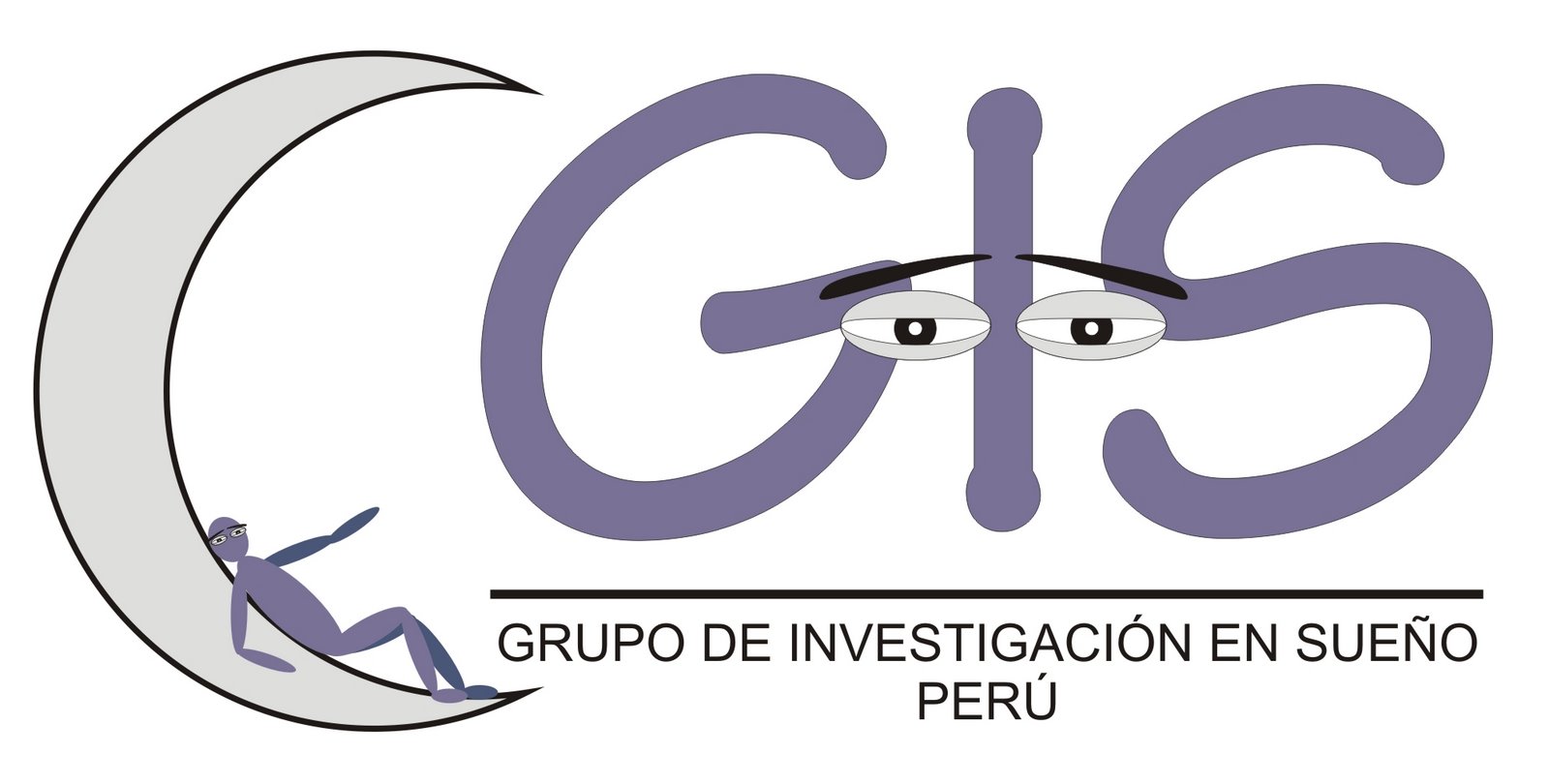(Sleep Foundation)
Did you know that for teenagers to function best, it is suggested that they get nine and a half hours of sleep every night? With the school bell ringing as early as 7 a.m., your child would need to be in bed around 9 p.m. in order to leave enough time for getting ready in the morning. For most parents, it would be an amazing feat to get your child into bed that early. One study found that only 15 percent reported sleeping eight and a half hours on school nights. It is not uncommon for teenagers to be sleep deprived because their biological clocks are wired to make them sleepy around 11 p.m., which does not allow for much snooze time before they're up and ready for school.
There has been recent debate regarding whether school times should be moved to a later time in order to combat student drowsiness. Studies have listed a variety of pros suggesting why school times should be adjusted. Participating schools have found:
- Improved attendance and enrollment rates
- Increased daytime alertness
- Decreased student reported depression
- Decreased risk of fall asleep car crashes
- Better grades
- Decreased obesity risk
Link
miércoles, 30 de septiembre de 2009
A Look at School Start Times
Sleep May Be Best Prevention for Cold, Flu
(Sleep Foundation)
If you're looking to avoid the cold or the flu this fall, make time for sleep! Studies show that sleep deprivation has an adverse effect on immune function, and chronic sleep loss can increase an individual's vulnerability to infectious diseases. Past Sleep in America polls conducted by the National Sleep Foundation indicate that children and the elderly, identified as high-risk populations and first in line for the flu vaccine, are often sleep-deprived. Poll data show that on average, newborns to l0 year olds don't even meet the low range of recommended hours of sleep each night, while two-thirds of older adults say they suffer from frequent sleep problems, including insomnia, which often prevent them from getting a good night's sleep. Schedule sleep like any other daily activity. Put it on your "to-do list" and cross it off every night. But don't make it the thing you do only after everything else is done — stop doing other things so you get the sleep you need. Your health depends on it.
Link
Drowsy Teen Drivers
(Sleep Foundation)
The Today Show recently featured a segment on drowsy driving among teenagers. According to the National Sleep Foundation’s 2006 Sleep in America poll, 51 percent of all adolescents who drive reported that they had driven drowsy at least once in the past year. Among those adolescents, 5 percent had nodded off or fallen asleep while driving in the past year, and 27 percent of those respondents had an accident or near accident due to drowsiness while driving. The Today Show segment notes that fatigue is a factor in about 100,000 crashes every year, most involving young drivers. National Sleep Foundation Chairman Thomas J. Balkin, PhD, told the Today Show, "In many ways, driving drowsy is very much like driving drunk." According to Balkin, drowsiness — like alcohol — can severely impair a driver's reflexes, judgment and awareness.
Link



